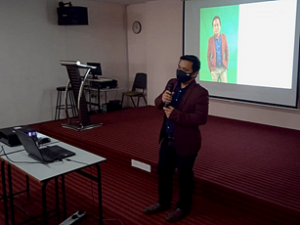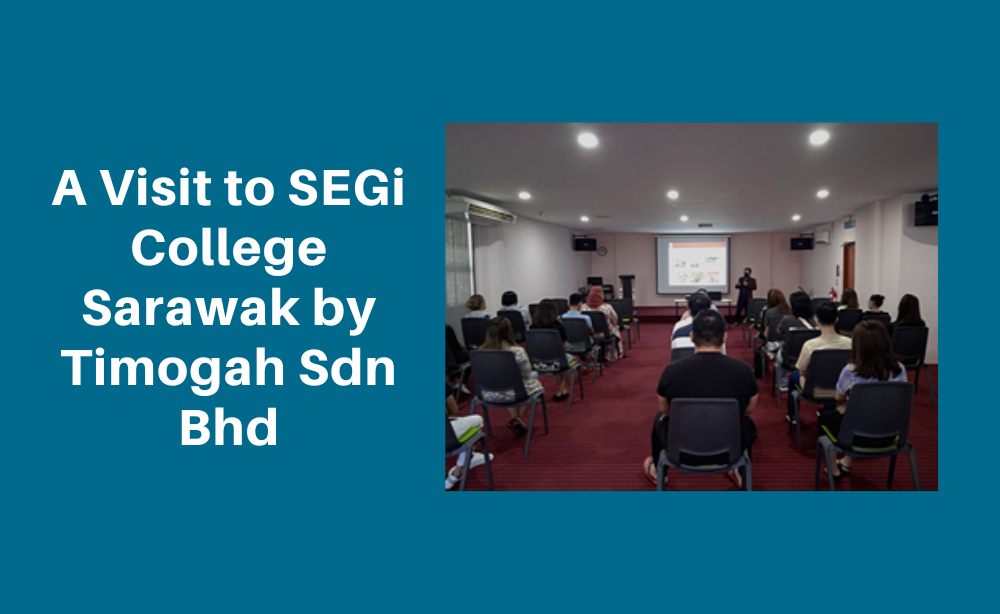By Mr. Colin Kho, Senior Lecturer, Faculty of Business, Accounting & IT
SEGi College Sarawak welcomed the visit of Mr Heineken Laluan from Timogah Sdn Bhd in March this year. Timogah Sdn Bhd was founded by Mr Heineken from Bau and he holds the position of Chief Executive Officer (CEO) while his partner Mr Elfy Hassan from Asajaya in Samarahan is the Chief Operating Officer (COO). The company aims to provide a tech-solution that will enable rural farmers to sell their produce directly to customers and retailers. This removes the need for any middlemen and at the same time creates jobs for their delivery agents.
Mr Heineken launched Timogah (which means ‘famous’ in Bidayuh) in July 2018, an e-marketplace where customers can order fresh and quality agricultural products, including local crops and jungle produce, complete with delivery.
Timogah has an official e-commerce website at https://timogah.com/ and a facebook page at https://www.facebook.com/timogah/ where customers can order the jungle produce and other food products from the company.
According to Mr Heineken, what makes Timogah unique is that the business has been purpose-designed to connect small rural farmers and small retailers with customers in Sarawak, with logistics at both ends managed by the company.
In his talk, he mentioned internship opportunities for SEGi students. There is a constant need for website creators and administrators in his company. SEGi students, particularly from the IT programme, who are skilled in this field are encouraged to apply for Internships with his company. He also indicated that marketing students are also welcome as they can contribute to the growth of the company.
The e-marketplace has also become increasingly popular among farmers and consumers ever since the the COVID-19 lockdown, and Mr Heineken hopes to keep the local food-supply chain alive through his company, which not only provides consumers and sellers with a safe place to trade but also helps reduce wastage of farmers’ produce. He encouraged more small farmers and rural communities to trade online at Timogah’s e-marketplace. As there are many students living in rural areas and in remote villages where farming is the main source of income for the villagers, he encouraged these students to promote his company’s services to the farmers living there.


